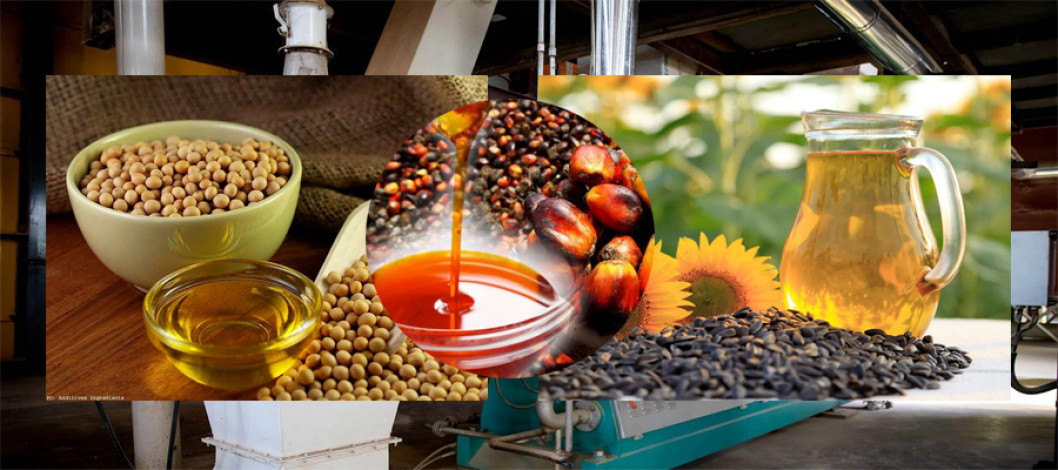
File photo
This month, USDA raised 2022/23
(Oct-Sep) China soybean imports to a new record of 100.0 million tons. Imports
are expected to remain high in the last quarter of the year as the world’s top
buyer sources competitively-priced soybeans from South America as well as
clears the customs backlog of cargoes that have already arrived.
Through 10 months of the current
marketing year, China has already imported nearly 84.5 million tons of
soybeans, with almost 30.0 million sourced from the United States. Total
arrivals to date are 10 percent higher compared to the same period last year,
with the United States capturing about 40 percent of that growth.
Shipments from the United States
trailed off in April as Chinese buyers took advantage of a bumper Brazilian
soybean crop and attractive prices. Smaller suppliers of soybeans to China have
also increased their exports. The “soy dollar” program in Argentina contributed
to the recovery in shipments in the first half of 2022/23. Canada and Russia also
increased exports to China this year on higher soybean production and
relatively flat crush.
In 2023/24, China is projected to remain the world’s largest soybean buyer with imports forecast at 99.0 million tons. China is likely to continue buying larger volumes of soybeans from Brazil and potentially less from the United States. Prices of the new U.S. crop have been rising on lower supply expectations, while Brazil's output prospects remain robust.
Indonesia Palm Oil Industrial Usage Up on Biodiesel Exports
Indonesia started its B35
biodiesel blending program in February 2023 with full implementation potentially
as soon as this month. Since 2020, Indonesia has increased its biorefining
capacity by nearly 50 percent anticipating higher domestic consumption needs.
Biodiesel production not used domestically can be shipped internationally if
market conditions are favorable. Through May, Indonesia has quadrupled
biodiesel exports compared to the same period last year, with China accounting
for the lion’s share of the import demand. Based on higher biodiesel exports,
Indonesia's industrial domestic consumption is up 200,000 tons to 11.7 million
tons. Due to a data revision, Indonesia's palm oil exports increased by over
400,000 tons in 2020/21. This impacted ending stocks with the change carried
forward to the 2023/24 marketing year.
PROJECTION FOR 2023/24
Global 2023/24 oilseed production
is forecast down 3.6 million tons to 663.7 million as reduced U.S. soybeans,
Canada rapeseed, and EU sunflowerseed were not offset by higher Russia and
Ukraine sunflowerseed, and Belarus rapeseed. Oilseed exports are down on lower
U.S. soybeans and Canada and Uruguay rapeseed. Correspondingly, rapeseed
imports are lower in China and Mexico, and soybean imports are lower in Pakistan,
Egypt, and Bangladesh. Global vegetable oil trade is up on increased Belarus
rapeseed oil and Ukraine sunflowerseed oil exports. Global meal exports are up
on increased Ukraine sunflowerseed meal and U.S. soybean meal. Global oilseed
stocks are down on lower U.S. soybeans, Canada rapeseed, and EU sunflowerseed
carryout exceeding higher Ukraine sunflowerseed carryout. The projected U.S.
season-average farm price for soybeans is up 30 cents to $12.70 per bushel.
PROJECTION FOR 2022/23
Global 2022/23 oilseed production is forecast at 629.1 million tons, down 400,000 from July with lower Uruguay soybeans and China sunflowerseed partially offset by higher Belarus rapeseed and Paraguay soybeans. Oilseed exports are down 1.0 million tons on lower Canada rapeseed and Uruguay soybeans. China soybean imports are up 1.0 million tons with lower Bangladesh and Egypt soybean imports offsetting. Global oilseed crush is down 1.0 million tons as lower China sunflowerseed coupled wit
Comment Now